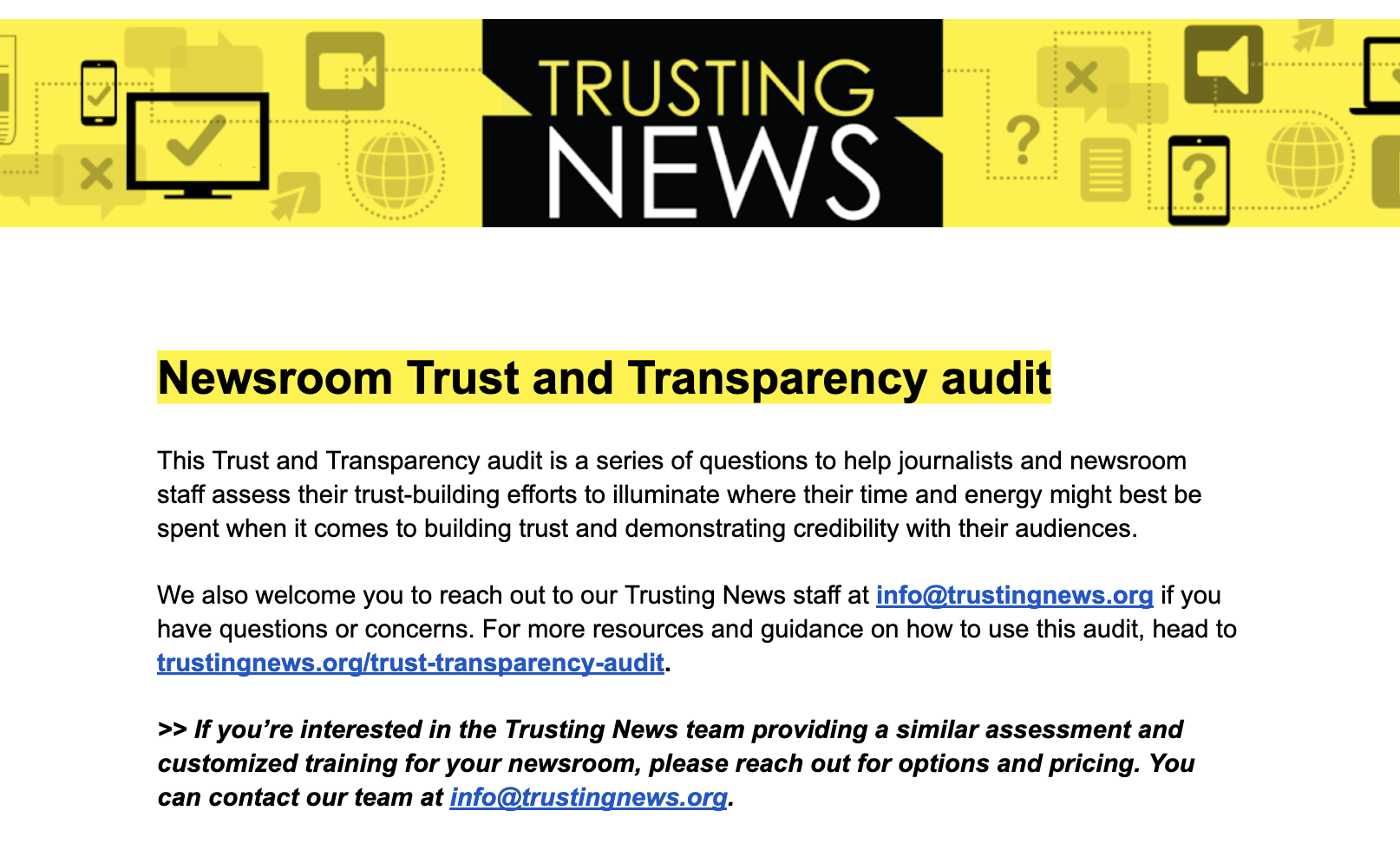 Picture an alien. These illustrations represent different levels of adaptive complexity we might imagine when thinking about aliens. (a) A simple replicating molecule, with no apparent design. This may or may not undergo natural selection. (b) An incredibly simple, cell-like entity. Even something this simple has sufficient contrivance of parts that it must undergo natural selection. (c) An alien with many intricate parts working together is likely to have undergone major transitions. Credit: University of Oxford
Picture an alien. These illustrations represent different levels of adaptive complexity we might imagine when thinking about aliens. (a) A simple replicating molecule, with no apparent design. This may or may not undergo natural selection. (b) An incredibly simple, cell-like entity. Even something this simple has sufficient contrivance of parts that it must undergo natural selection. (c) An alien with many intricate parts working together is likely to have undergone major transitions. Credit: University of Oxford
Nov. 1, 2017 (Phys,org) -- Hollywood films and science fiction literature fuel the belief that aliens are other-worldly, monster-like beings, who are very different than humans. But new research suggests that we could have more in common with our extra-terrestrial neighbors than initially thought.
In a new study published in the International Journal of Astrobiology scientists from the University of Oxford show for the first time how evolutionary theory can be used to support alien predictions and better understand their behaviour. They show that aliens are potentially shaped by the same processes and mechanisms that shaped humans, such as natural selection.
The theory supports the argument that foreign life forms undergo natural selection, and are like us, evolving to be fitter and stronger over time.
Sam Levin, a researcher in Oxford's Department of Zoology, said: "A fundamental task for astrobiologists (those who study life in the cosmos) is thinking about what extra-terrestrial life might be like. But making predictions about aliens is hard. We only have one example of life -- life on Earth -- to extrapolate from. Past approaches in the field of astrobiology have been largely mechanistic, taking what we see on Earth, and what we know about chemistry, geology, and physics to make predictions about aliens.
(more)
READ MORE: Phys.org











